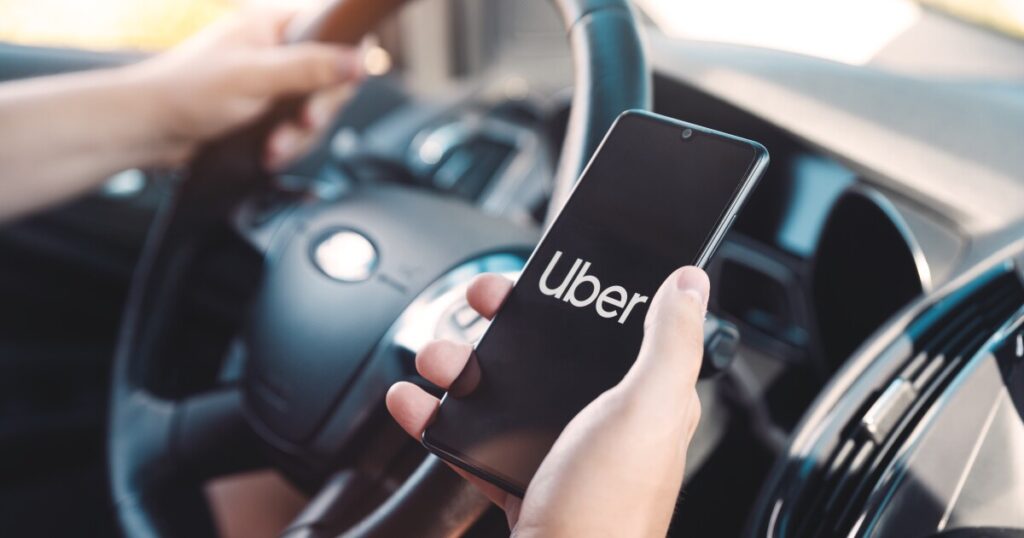Are gig workers truly independent contractors? Why this issue will continue to evolve

While gig workers are classified as independent contractors, state courts and workers are still debating whether that’s accurate, or if it leaves app-based drivers and delivery workers far too unprotected.
The classification seems unlikely to change anytime soon, with the California State Supreme Court ruling that the classification of gig workers as independent contractors under Proposition 22 was constitutional, affirming the status quo. Notably, the case was brought forward by a group of app-based drivers arguing that Prop 22 limited California’s ability to enact laws that would give them the right to organize and access the state’s workers’ compensation program.
“If gig workers would be classified as employees and not independent contractors, that would have a huge impact on [employers’] business models,” says Stacey Chiu, senior associate with the law firm Michelman & Robinson and a member of their labor and employment practice. “With the court decision to uphold Prop 22, a lot of our clients sighed a breath of relief. But we are keeping an eye out for future litigation down the road. Fundamentally labor groups or other worker groups want to expand the benefits for gig economy workers.”
Read more: Women want to join the gig economy — but they can’t sacrifice their benefits
It’s not surprising that Chiu predicts that the U.S. will see more cases challenging the classification of gig workers. As independent contractors, they lack basic protections like overtime, sick pay and unemployment insurance. On top of that, gig workers often make less than their state’s minimum wage — they have only secured minimum wage protections in California, Washington, New York City and Massachusetts. For example, New York City app-based delivery workers now have to earn at least $19.56 per hour before tips. According to City Hall, workers were previously earning an average of $5.39 per hour.
Overall, an estimated third of gig workers report earning less than minimum wage, according to the Economic Policy Institute. Meanwhile, companies like UberEats and DoorDash are pushing back against minimum wage laws. When Seattle enacted its minimum wage law, both companies added a $5 fee for customers.
Read more: 6 signs your employees’ savings are suffering
Chiu notes that the gig economy is relatively new, and all parties are trying to strike a balance between protecting workers and keeping the flexibility of the independent contractor role.
“The fight has been drawn out, but we now have some laws and precedents in place,” she says. “We’re getting closer to finding some middle ground, or a place where most folks will be content with the results.”
Read more: Mental health leaves of absence are surging in 2024
Chiu advises employers to monitor potential legislation and case rulings impacting how gig workers are classified and what protections they’re owed. Even though Chiu believes the U.S. is getting closer to a more stable gig economy, that doesn’t there won’t be new laws, especially on a state-by-state basis.
“Companies should not get complacent, but understand things could change in the future,” says Chiu. “Keep an eye out for new ballot initiatives regarding the expansion of benefits for the gig economy. Being exploring what it would like to prepare for things that may come down the road.”



